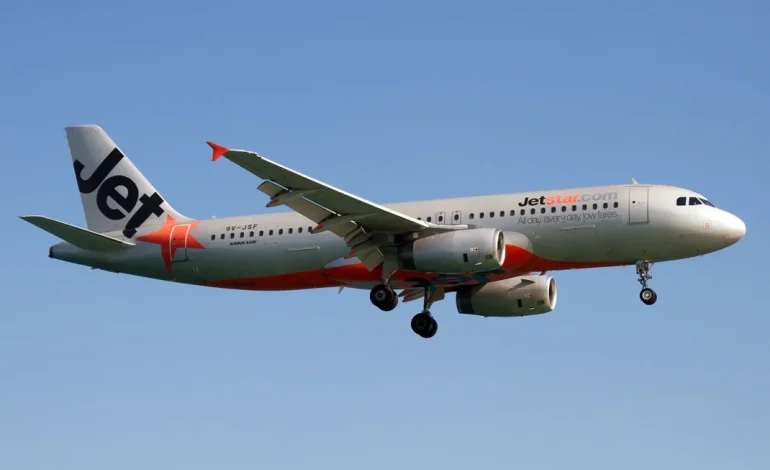Qantas to Wind Down Jetstar Asia Operations Amid Rising Costs and Regional Competition

Qantas Airways announced on Wednesday that it will close its Singapore-based budget carrier, Jetstar Asia, by the end of July, citing mounting supplier costs, high airport fees, and intensifying competition in the Southeast Asian low-cost travel market.
The closure marks the end of a 20-year chapter for Jetstar Asia, which operated 16 intra-Asia routes from Singapore’s Changi Airport. The move is expected to result in the loss of up to 500 jobs. Qantas plans to redeploy Jetstar Asia’s fleet of 13 Airbus A320 aircraft to its operations in Australia and New Zealand, where it sees greater opportunity for growth.
Jetstar Asia is projected to record an underlying earnings loss of A$35 million (approximately $22.76 million USD) for the financial year ending June 30. According to Qantas, some of the airline’s supplier costs have risen by as much as 200%, significantly altering its cost structure.
“This decision reflects the reality of operating in a highly competitive market with structurally higher costs,” said Qantas Group CEO Vanessa Hudson. “The capital unlocked by this move—estimated at A$500 million—will be reinvested into our core operations, including fleet renewal efforts.”
The airline, jointly owned by Qantas and Singapore-based Westbrook Investments, will begin scaling down operations in the coming weeks before ceasing flights altogether on July 31. Affected passengers will be contacted directly, with options for full refunds or rebooking on other Qantas Group flights where possible.
Jetstar Asia’s shutdown will not affect the operations of Qantas’ other low-cost carriers—Jetstar Airways in Australia and Jetstar Japan. Qantas emphasized its commitment to providing affordable air travel in the Asia-Pacific region, noting that Jetstar Airways will continue serving key routes to destinations such as Thailand, Indonesia, and Japan.
The decision comes at a time when many Asian budget carriers, including AirAsia, Scoot, and VietJet, have aggressively expanded post-pandemic, increasing capacity and applying downward pressure on airfares. These developments have challenged Jetstar Asia’s ability to deliver returns comparable to Qantas’ stronger-performing domestic and international markets.
Jetstar Group CEO Stephanie Tully acknowledged the impact of the closure on employees.
“We are incredibly proud of our team at Jetstar Asia, known for their excellent customer service and operational standards. Our priority is to support them through this transition and assist them in finding new opportunities within the aviation industry.”
Launched in 2004, Jetstar Asia was part of Qantas’ broader strategy to capture the growing demand for low-cost travel across Asia. While the carrier gained early traction, shifting market dynamics in recent years have made profitability increasingly elusive.
Qantas will continue its ambitious fleet modernization program, with nearly 200 aircraft orders in progress.









The latest news in your social feeds
Subscribe to our social media platforms to stay tuned